How Not to Forget Your Own History? Despite the fact that millions of interrupted lives during the Great Patriotic War, it would seem, should have become eternal proof of the colossal damage to the peoples of the Soviet Union, today information and history are handled so professionally, substituting facts and concepts, that the issue of preserving historical truth comes to the forefront. Young people are especially at risk – those who actively absorb information from the Internet. They are the future of any country, and they become the main target of disinformers.
This was discussed at the International Youth Round Table "Current Issues of Political Theory and Political Practice". Its topic: "Historical Memory and Historical Amnesia: Echoes of World War II in Modern Political History".
The organizers – Pridnestrovian State University and the Youth Parliament under the Supreme Council of the Pridnestrovian Moldavian Republic – invited students and schoolchildren, teachers of Russian and Pridnestrovian universities to participate. Candidate of Historical Sciences Igor Shornikov teaches history at the Financial University under the Government of Russia. He noted that the course is taught only for one semester and "there is almost no time for the war". As a way out – students receive a creative homework – to talk about the history of their family. They have the opportunity to widely replenish their knowledge of the Great Patriotic War.
The topic of teaching the history of World War II was continued by Doctor of Historical Sciences from Novosibirsk Daniil Shulga.
Head of the Department of Legislative Technology of the Legal Department of the Supreme Council of the Pridnestrovian Moldavian Republic, graduate student Alexander Savich spoke about NATO "methods". History textbooks do not have time to be updated as quickly as the information on the Internet changes, which systematically creates an alternative history that makes one, if not deny, then doubt, notes Alexander Savich. NATO publishes special literature: research and new methods of influencing people's minds via the Internet. Entire institutes and research centers are engaged in this, which, at the level of psychology and neurobiology, analyze how one can exert one or another influence on a person. They need to be studied in order to combat such phenomena, concluded Alexander Savich.
Chairman of the Commission of the Youth Parliament for the Development of International Relations under the Supreme Council of the Pridnestrovian Moldavian Republic Vasily Badyan in his report told the audience about methods of combating the falsification of history in the context of hybrid information manipulations.
The round table became another round of the fight against the falsification of history. The problem must be raised constantly and specific steps must be taken so that the younger generation does not fall into historical amnesia according to its participants.
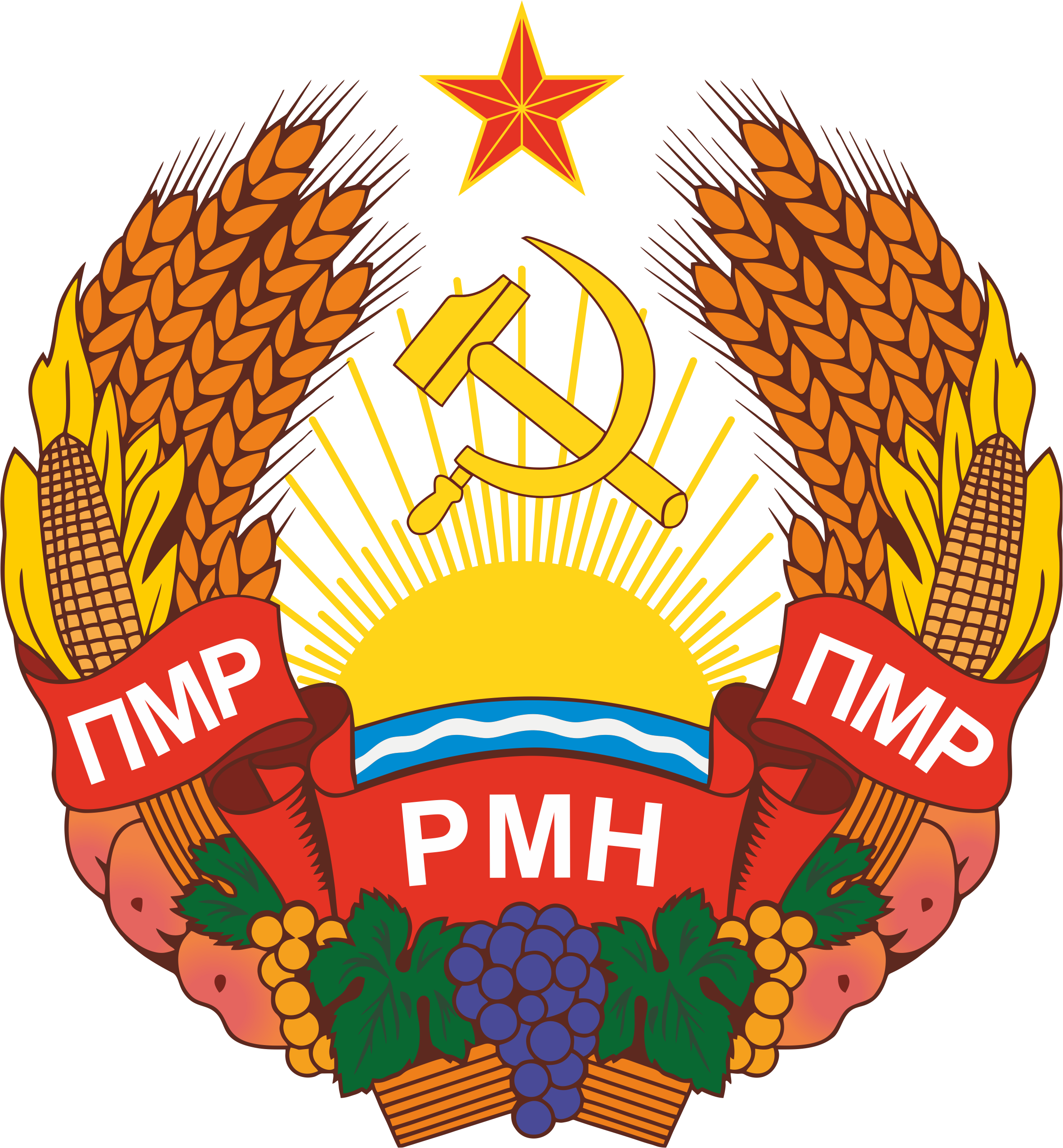

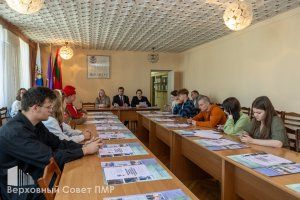
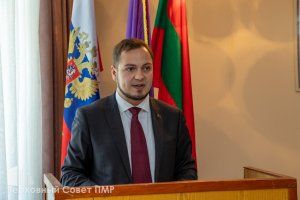
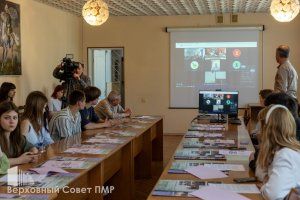
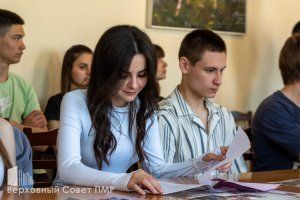
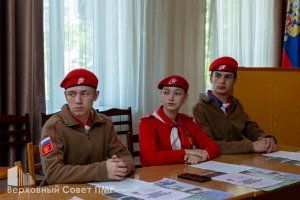
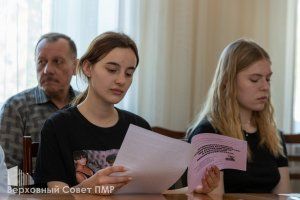
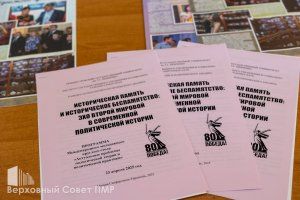
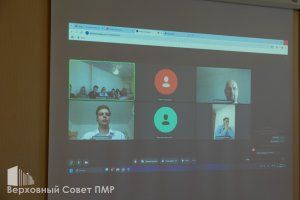
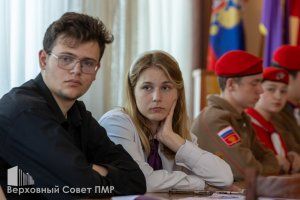
 Законы ПМР
Законы ПМР Постановления
Постановления Законопроекты
Законопроекты Анонс мероприятий
Анонс мероприятий 0 (533) 6-24-24
0 (533) 6-24-24